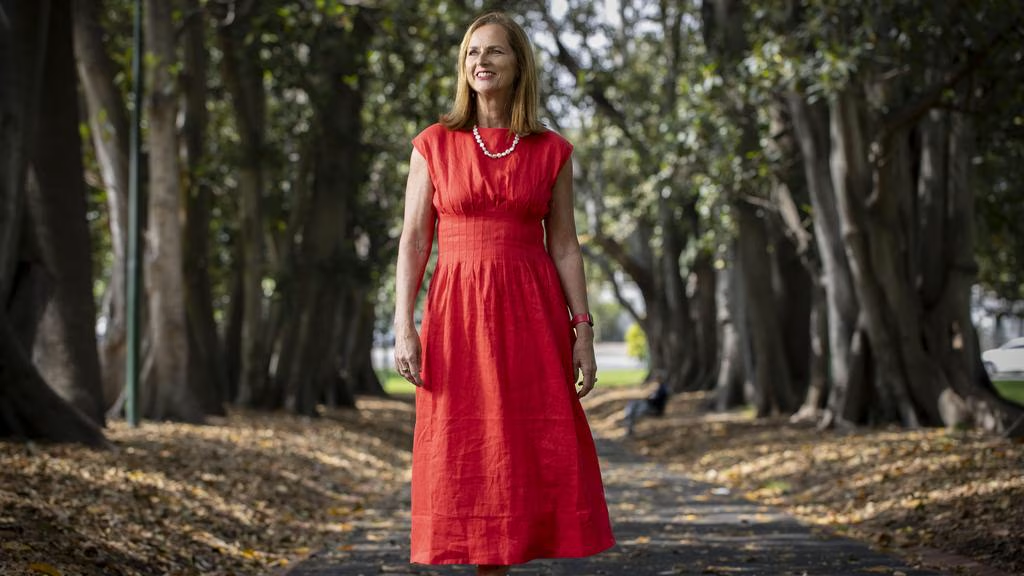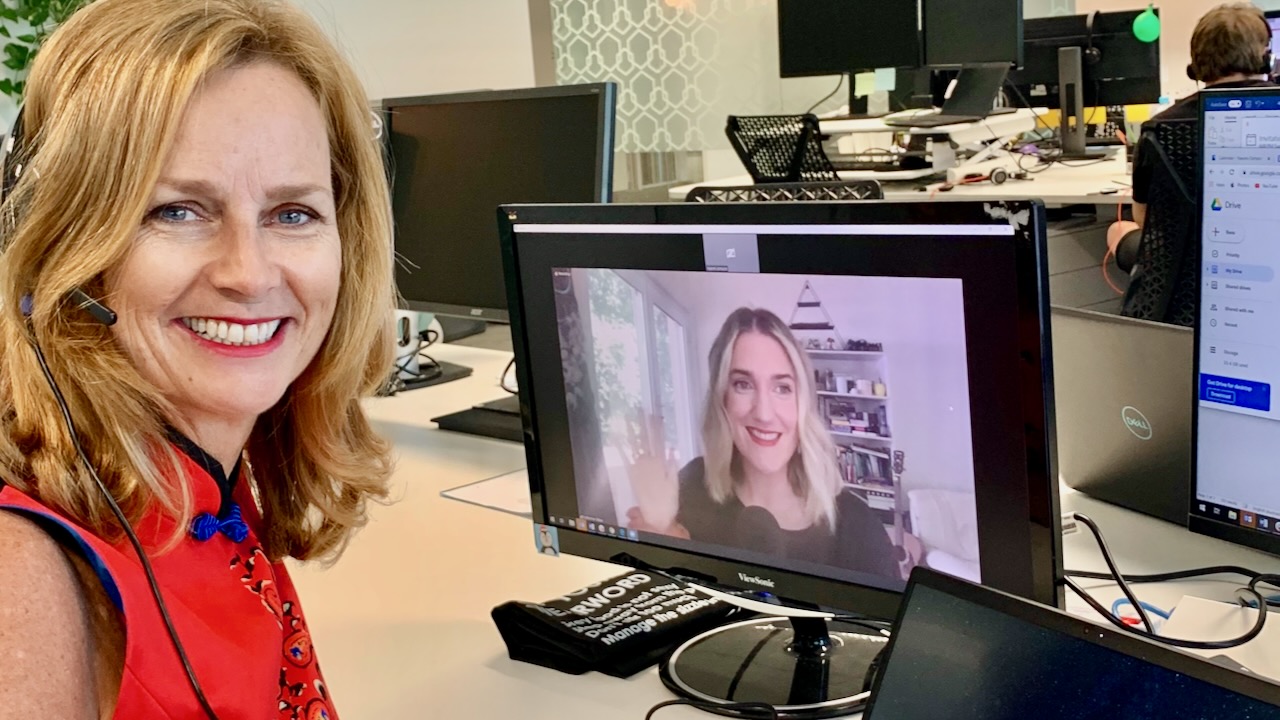Beyond the Standing Ovation
I want you to close your eyes for a moment and picture a scene. You’re in a large, darkened ballroom at a conference centre somewhere in Australia, NZ or USA. The air is buzzing with anticipation. A figure walks onto the stage, bathed in a spotlight, and for the next 60 minutes, they have the entire room in the palm of their hand. They tell powerful stories of triumph over adversity. They make you laugh until your sides hurt; they might even make you shed a quiet tear. As they build to a crescendo, delivering their final, powerful line, the room erupts. People leap to their feet, the applause is deafening, and you feel a palpable surge of energy, a jolt of pure inspiration. You feel like you could conquer the world.
This is the classic, powerful image of what we call a "motivational speaker."
But I want to ask you a brutally honest question. What happens at 9 a.m. on Monday morning?
What happens when the applause has faded, the conference lanyard is tossed on your desk, the buzz has worn off, and the stark reality of project deadlines, difficult conversations with your team, and shrinking budgets comes rushing back in? Does that feeling of conquering the world translate into a single, meaningful change in your behaviour, your strategy, or your results? Or was it all just a fleeting, feel-good moment? A pleasant memory? A well-delivered piece of corporate entertainment?
After decades of being on both sides of the lectern—as a business leader who hires speakers and as a keynote speaker who has stood on hundreds of stages across Australia and around the world—I have come to a firm and unwavering conclusion: Inspiration without action is a vanity. Motivation without a methodology is a fleeting indulgence.
The term "motivational speaker" is, in my opinion, broken. It implies that the speaker's job is simply to make people feel motivated. I believe the true job of a great speaker, especially in the corporate and business world, is not just to inspire, but to ignite; not just to motivate, but to mobilise. A great speaker doesn't just deliver a talk; they serve as a catalyst for tangible, lasting change.
So, whether you are an event planner trying to make a real impact, an aspiring leader wanting to share your hard-won message, or an individual seeking to get the most out of every single learning opportunity, I want to pull back the curtain. This is my definitive guide to understanding what truly defines a great speaker and how to harness the incredible power of a great speech to create meaningful, measurable results.
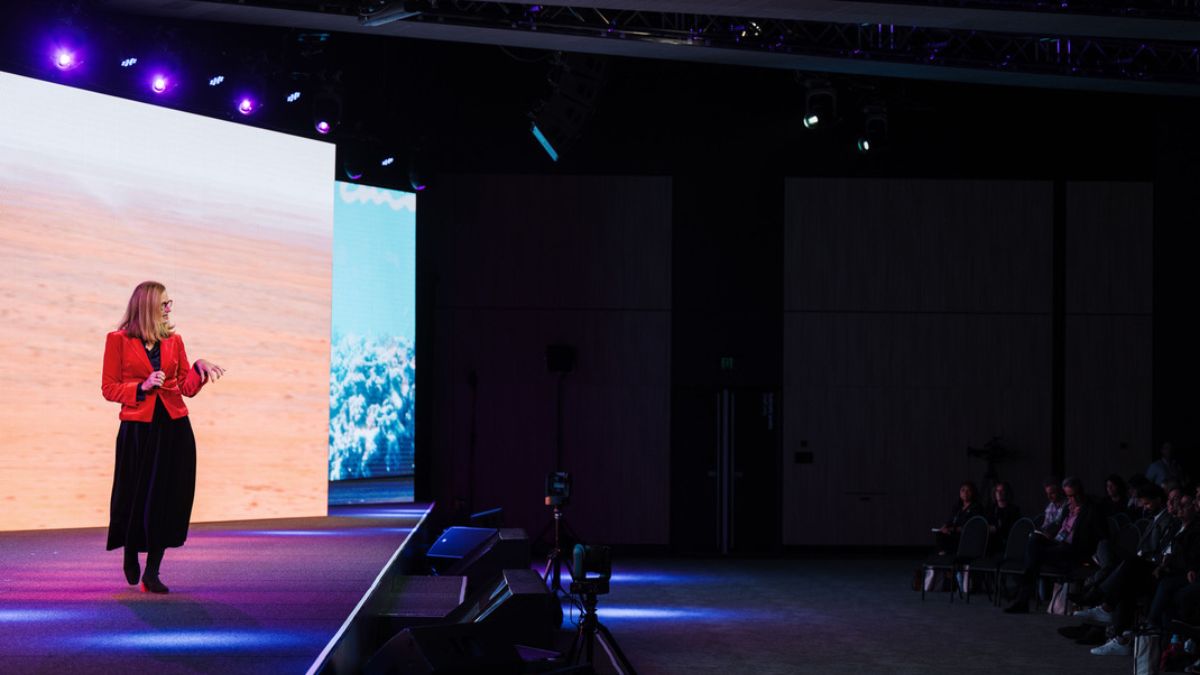
For the Event Planner & Business Leader - How to Hire a Speaker Who Delivers Real ROI
Let's be candid. Hiring a professional keynote speaker is a significant investment. It is often one of the largest single line items in a conference budget. And the risk of getting it wrong is immense. A bad speaker can drain the energy from a room, bore your audience, and undermine the entire purpose of your event. A good speaker can make people feel happy for an hour. A great speaker can fundamentally shift the perspective of your team and change the trajectory of your business for the next twelve months.
Your job is not to hire a motivational speaker. Your job is to hire a business catalyst. Here is my checklist for ensuring you get a real, measurable return on your investment.
1. Seek a Practitioner, Not Just a Performer
The world is full of people who are brilliant orators and captivating performers. They have slick presentations, perfect comedic timing, and heart-wrenching stories that are polished to a mirror shine. But if those stories are not deeply anchored in real-world, high-stakes experience, they lack the substance and credibility required to create real change in a business audience.
When I am on stage, I am not sharing theories I read in a book or repeating feel-good platitudes. I am sharing the hard-won, practical lessons from over 40 years in business. I’m sharing the raw, unfiltered realities of starting RedBalloon from my living room with a $25,000 personal investment and growing it into a household name that changed the way Australians think about gifts. I’m sharing the insights gained from the tough lessons learned from investing my own money into dozens of businesses on Shark Tank Australia.
A practitioner has, as we say in Australia, "dirt under their fingernails and scars on their knees." They haven't just talked about leadership; they've had to make the tough call to let a beloved team member go. They haven't just talked about innovation; they've had to pivot their entire business model to survive. This lived experience gives their message a weight, an authenticity, and a gritty credibility that a pure performer can never hope to match.
When you are vetting a speaker, ask yourself this simple question: "Have they actually done the thing they are talking about, at a high level, in a context relevant to my audience?"
2. Define Your "What Next?" Before You Even Start Your Search
This is the most common and costly mistake I see event planners make. They define the success of a keynote by the length and volume of the standing ovation. A standing ovation is wonderful for the ego—mine included!—but it is not a business outcome.
Before you even start Googling "motivational speakers in Australia," you must sit down with your leadership team and define, with absolute clarity, what you want your audience to do differently after the speaker has left the stage.
- Do you want your sales team to stop competing internally and adopt a new collaborative, account-based selling approach?
- Do you want your middle managers to move from being supervisors to being coaches who are better at giving constructive, regular feedback?
- Do you want the entire organisation to stop fearing failure and start taking more calculated risks to foster innovation?
Be ridiculously specific about the desired behavioural change. A truly great speaker will want to know this. They will demand to know this. They will build their entire presentation around achieving that specific outcome for you. This turns the speech from a passive experience into an active, strategic intervention.

3. The Brief is Everything: Your Blueprint for Impact
Once you have defined your desired outcome, you must provide the speaker with a comprehensive, no-holds-barred brief. I cannot overstate the critical importance of this step. The more context a speaker has, the more deeply their message will resonate. A great brief is a true partnership.
- The Audience: Who is in the room? What are their roles? What is their seniority? What are their daily frustrations and their biggest aspirations? What is the general mood—are they fatigued, anxious, excited?
- The Context: What is the overall theme of the event? What has the audience heard right before my talk, and what will they hear immediately after? My job is to be a seamless, powerful part of a bigger narrative.
- The Business Reality: What are the specific business challenges you are facing right now? What are the internal "in-jokes" or acronyms they use? A great speaker will weave your specific language, your specific challenges, and your specific goals into their talk, making it feel like it was created from scratch, just for your organisation (because, in truth, it was).
A speaker who just wants to show up and give their "canned" speech is a performer looking for a gig. A speaker who insists on a deep, one-on-one briefing call with a senior leader is a strategic partner looking to create an impact.
4. Demand the Uncut Footage
Slick, highly-edited sizzle reels are designed to impress. They are marketing tools, showing only the best jokes, the most poignant moments, and the loudest applause. They can be incredibly deceiving.
Always, always ask to see a long-form, unedited video of a speaker delivering a full keynote to a real, live audience. This is the only way to get a true sense of their rhythm, their natural energy, their ability to hold a room for a sustained period, and, most importantly, the intellectual and practical substance of their message.
For the Aspiring Speaker - The Unseen Mountain Behind the Hour of Glory
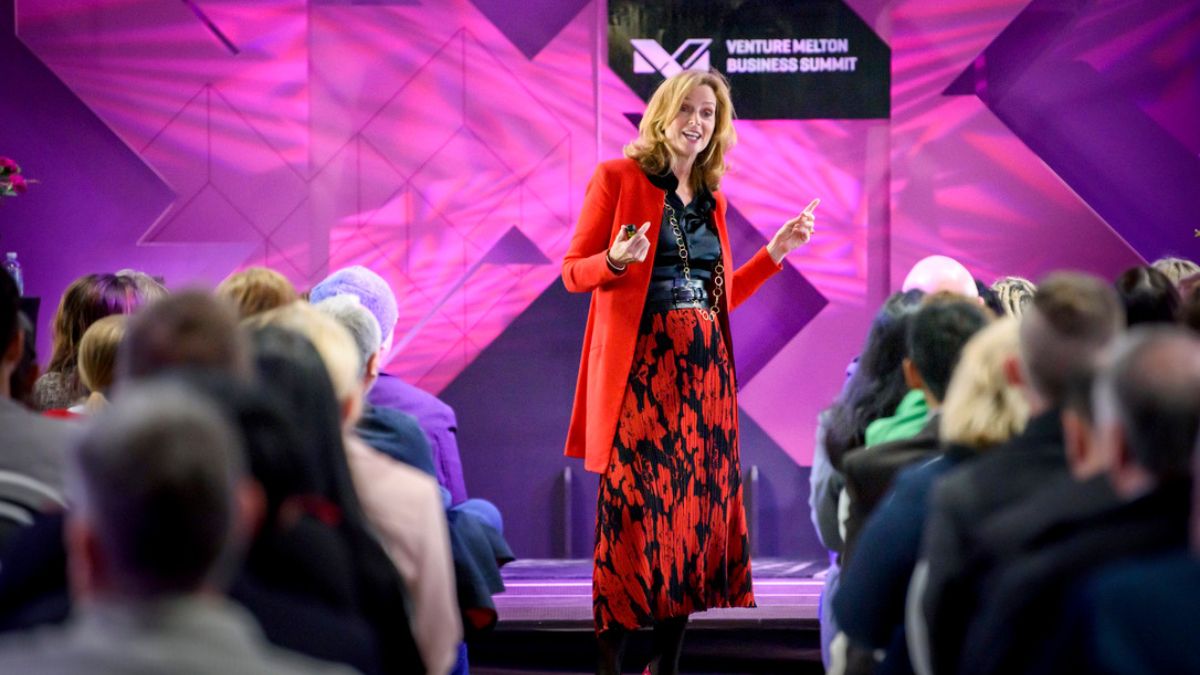
Perhaps you are on the other side of this equation. You have a powerful story to tell, deep expertise to share, and a burning passion to inspire others. The idea of becoming a professional speaker is an appealing one. From the outside, it looks glamorous—the travel, the applause, the influence. But I can tell you from experience, behind every single hour on stage is a mountain of unseen, often solitary, work.
If you truly want to pursue this path and become one of Australia’s recognised motivational speakers, here are the hard truths you need to embrace.
1. You Must Master Your Niche and Codify Your Message
You cannot be an expert on everything. The speakers who build enduring careers and command premium fees are those who are known for a specific area of deep expertise. Simon Sinek owns the concept of "Start With Why." Brené Brown owns the territory of vulnerability and courage. They have a clear, powerful, and unique point of view.
What is your one thing? What is the unique message that you, and only you, are uniquely qualified to deliver? This comes from the intersection of your unique life experience, your deep professional expertise, and your most fervent passions.
But it's not enough to have lived it. You must be able to teach it. This means you have to codify your thinking. You need to distill your hard-won wisdom into clear, memorable, and teachable frameworks, models, and acronyms. This is the intellectual property that turns your stories from anecdotes into actionable lessons.
2. Respect the 100-to-1 Rule
My rule of thumb is that for every polished, impactful one-hour keynote, there are at least 100 hours of preparation behind it. This is not an exaggeration. The research to understand the client's industry, the writing of the core narrative, the structuring of the talk for maximum emotional and intellectual impact, the meticulous design of visuals that enhance (not distract from) the message, the endless hours of practice to internalise the material so it feels conversational and authentic, the customisation to weave in the client's specific language—it is a monumental undertaking.
You must fall in love with this deep, solitary process, not just the fleeting glory of the performance. There are absolutely no shortcuts to excellence on stage.
3. You Are Running a Business, Not a Hobby
Being a great speaker is only half the job. Being a professional speaker means you are running a serious business. This requires a completely different skill set. You need to become proficient in marketing, sales, brand building, contract negotiation, financial management, and logistics.
The most important business development tool you have is your own authority platform. You need to give people a way to "taste" your thinking before they book you. This platform includes:
- A Body of Work: A consistently updated blog, a podcast, and, ideally, a published book. These assets are your credibility. They prove your expertise and showcase your point of view. My books, Live What You Love and Ready to Soar, are not just books; they are my philosophy in a box, a calling card that demonstrates how I think.
- A Professional Online Presence: A high-quality website is your digital storefront. It must have professional photos, clear descriptions of your keynote topics, and, most importantly, high-quality video footage of you on stage.
- A Rock-Solid Personal Reputation: Your reputation is everything. It's built on your competence, your character, and your contribution to your community. It's about being reliable, easy to work with, and delivering on your promises, every single time.
You could be the most brilliant speaker in the world, but if no one knows you exist, or if you're difficult to work with, you will be speaking to an empty room.
My Philosophy from the Stage - A Partnership in Your Success
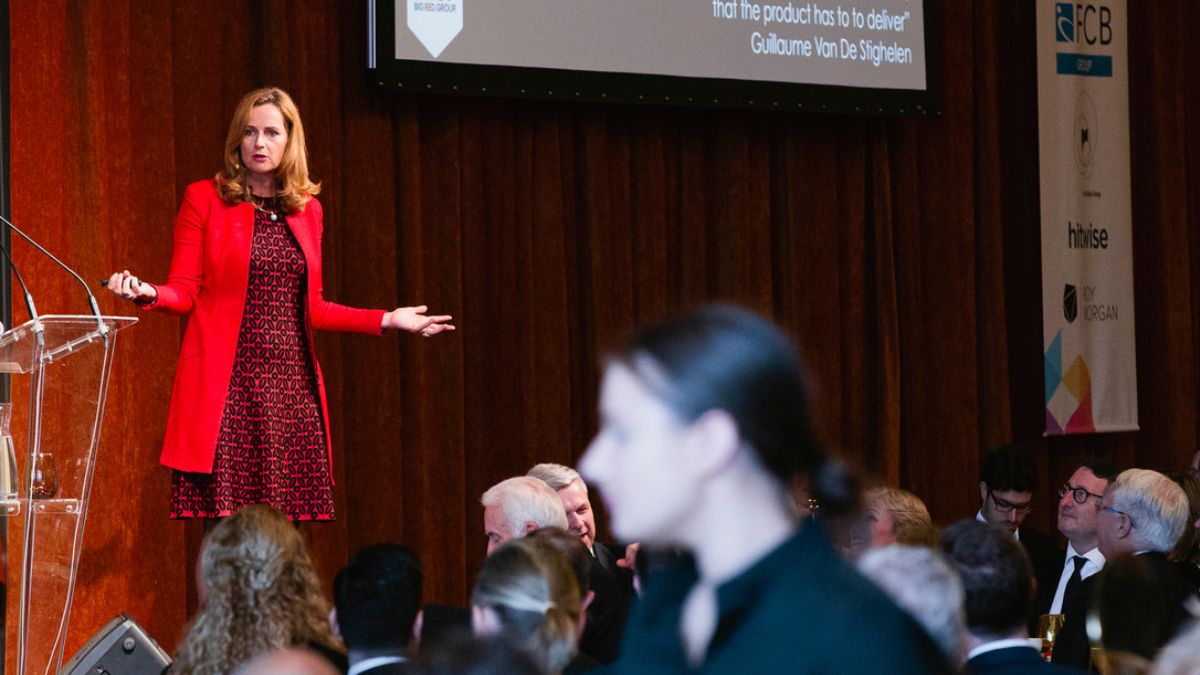
When an organisation invites me to speak at their event, I view it as a sacred trust. They are trusting me with their people's most valuable, non-renewable asset: their time and their attention. They are investing in me not as an entertainer, but as a catalyst for their future success. I take that responsibility with the utmost seriousness. This is the promise I make:
- Every Talk is Bespoke, Not Off-the-Rack: I have never given the same speech twice. Every single presentation is meticulously researched and tailored to the specific audience, industry, challenges, and desired outcomes of the event. I have a deep yarn with the leadership team to ensure my message hits the mark, perfectly.
- Energy is My Superpower: An audience cannot be moved by a speaker who is not moved themselves. I bring a boundless, infectious energy to the stage because I genuinely love what I do, and I believe with every fibre of my being in the power of business to change lives. My passion is real, and the audience can feel it.
- No Bulldust, Just Real-World Experience: My stories and lessons are not academic theories from an ivory tower. They are real, practical, and sometimes painful lessons forged in the fire of actually building businesses, managing teams, and navigating the complexities of the Australian economy. I share what works, what doesn't, and what I learned when I got it wrong.
- Action is the Only Metric That Matters: My ultimate goal is not a round of applause. It is to see a room full of people furiously scribbling in their notebooks—not just ideas, but actions. I build every talk around simple, practical, actionable takeaways that the audience can go back and implement the very next day. I am there to equip them, not just entertain them.
For Everyone in the Audience - How to Turn Inspiration into Action
Finally, no matter how brilliant the speaker is, the ultimate responsibility for creating change lies with you, the person in the audience. You can choose to be a passive recipient of information or an active participant in your own growth. If you truly want to get a return on the time you are investing in a conference, here is how.
- Be Radically Present: This is harder than it sounds. Put your phone on silent and put it away. Out of sight. Resist the siren call of your email inbox. Give the speaker and their message the respect of your full, undivided attention. Listen with the intent to understand, not just to reply or to critique.
- Take Actionable Notes: Don't just transcribe what the speaker is saying. That's a passive activity. Use a two-column method. On the left-hand side of your page, write down the key idea or quote that resonates with you. On the right-hand side, immediately write down the heading "My Action:" and force yourself to identify one specific, tangible thing you will do based on that idea.
- Obey the 24-Hour Rule: The inspirational high from a great talk has a very short half-life. It fades quickly in the harsh light of Monday morning. You must commit to taking one small action from your list within 24 hours. It could be sending one email, having one difficult conversation, scheduling one meeting, or starting one new five-minute daily habit. This small action turns a passive idea into active momentum.
- The Post-Event Debrief: Get together with your team or a colleague who was also at the event. Spend 30 minutes debriefing. Ask each other: "What was your biggest takeaway?" and "What is the one thing we are going to implement as a team?" This creates shared accountability and multiplies the impact of the talk across your organisation.
Motivation is an Action, Not a Feeling
Great motivational speakers do not just deliver a speech. They orchestrate an experience. They challenge our assumptions, they reframe our perspectives, and they give us the practical tools and the emotional jolt we need to turn our intentions into actions.
They understand that motivation is not a feeling to be passively received, but a fire to be actively lit. The speech is the spark. The real work—for the speaker who prepares, for the leader who hires them, and for the audience who listens—is to ensure that spark lands on fertile ground, ready to be fanned by deliberate action into a roaring flame long after the applause has faded.
Don't just seek motivation. Seek mobilisation. That is the true measure of a great speaker, and the true catalyst for building a great business and a great life.
What was the most impactful talk you have ever heard, and what is the one single action it inspired you to take that you are still doing today?
Frequently Asked Questions (FAQs) on Motivational Speakers
What is the role of a motivational speaker at a corporate event?
The primary role of a motivational speaker is to serve as a powerful catalyst for change and inspiration. They are hired to energize an audience, challenge limiting beliefs, and deliver a compelling message that aligns with the event's theme. Their goal is to leave attendees with a renewed sense of purpose and a clear, actionable mindset shift.
What distinguishes a great motivational speaker from an average one?
A great motivational speaker connects with the audience through authentic storytelling and lived experience, not just abstract theory. They have a rare ability to be both relatable and aspirational, creating a genuine emotional connection that makes their message resonate deeply. An average speaker gives a speech; a great one creates an experience.
Why should a business invest in a motivational speaker?
Investing in a motivational speaker is a direct investment in your people and culture. A powerful keynote can boost team morale, increase employee engagement, foster resilience, and align the entire organization around a common purpose. This injection of energy and perspective can provide a significant return through increased productivity and a more positive work environment.
What are the most common topics for a motivational keynote?
Common topics are centered on universal themes of human potential and professional growth. These often include overcoming adversity, building resilience, cultivating a positive mindset, leading through change, and embracing an entrepreneurial spirit. The most effective speakers tailor these themes to be directly relevant to the specific challenges and goals of the audience.
How do I choose the right motivational speaker for my team?
Choosing the right speaker involves looking for an authentic alignment between their story and your team's needs. Consider the specific message you want to convey. Look for a speaker with a proven track record, watch videos of them in action to assess their energy and style, and ensure their personal journey provides credible, powerful lessons for your audience.



